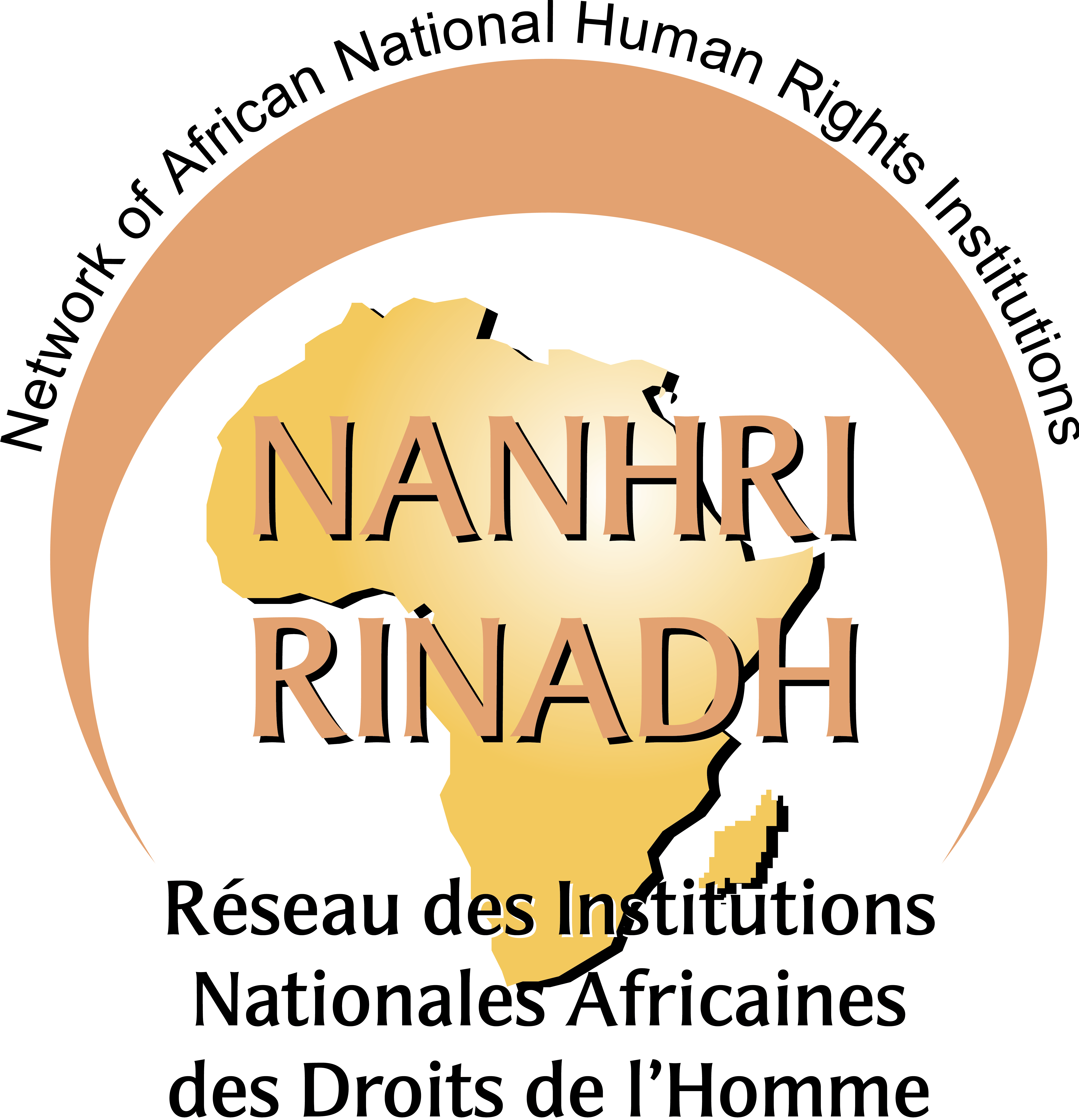- Home
- Who we are
- What we do
- Our Areas of Intervention
- Strategic Plan
- Conflict Resolution & Peace Building
- Resources
- Opportunities
- Africa Human Rights Database
Representatives of National Human Rights Institutions (NHRI’s) from more than 30 African countries congregated in Johannesburg for a training course on how to investigate suspected cases of torture on April 23-24,2013.
The training was organized by the Network of African National Human Rights Institutions (NANHRI) in collaboration with Association for the Prevention of Torture (APT) with the support from the European Union (EU).
If a country’s justice system is unable to secure convictions because of failures in the production of witness evidence, its capacity to deal effectively with past abuses as well as the confidence of its people in the justice system are compromised. Thus, the failure to provide protection to witnesses can severely affect fundamental rights, such as the right to justice and the right to the truth.
Annual Report, UN OHCHR & the Secretary-General, Right to the truth, UN Doc. A/HRC/12/19 of 21 Aug. 2009, para. 32.
How the Uganda Human Rights Commission Investigates Allegations of Torture
National Human Rights Institutions have different ways of handling and investigating torture depending on their mandates. Ruth Ssekindi Director Complaints, Investigations and Legal Services at Uganda Human Rights Commission gave a presentation on how the commission investigates torture.
Understanding the Psychological Impact of Torture”General Considerations for Interviews”
When interviewing victims of torture, there are some considerations that need to be taken into account by the interviewers.
These considerations apply to all persons carrying out interviews for the investigation and documentation of torture
For instance, the victim should be clearly informed of any limits to the confidentiality of the evaluation, and of any legal obligations for disclosure of the information.
Results of Questionnaires On torture from 29 National Human Rights Institutions
Results of questionnaires from 29 National Human Rights Instituions out of 42 Network of National Human Rights Institutions (NANHRI) members. The questionnaire focused on investigations, detention monitoring, trainings and pretrial detention.
The results were presented by Ilaria Paolazzi of Association for the Prevention of Torture.
National Human Rights Institutions have different ways of handling and investigating torture depending on their mandates. Ruth Ssekindi Director Complaints, Investigations and Legal Services at Uganda Human Rights Commission gave a presentation on how the commission investigates torture.
Understanding the Psychological Impact of Torture”General Considerations for Interviews”
When interviewing victims of torture, there are some considerations that need to be taken into account by the interviewers.
These considerations apply to all persons carrying out interviews for the investigation and documentation of torture.
For instance, the victim should be clearly informed of any limits to the confidentiality of the evaluation, and of any legal obligations for disclosure of the information.
Results of Questionnaires On torture from 29 National Human Rights Institutions
Results of questionnaires from 29 National Human Rights Instituions out of 42 Network of National Human Rights Institutions(NANHRI)members.The questionnaire focused on investigations, detention monitoring, trainings and pretrial detention.
The results were presented by Ilaria Paolazzi of Association for the Prevention of Torture.
When interviewing victims of torture, there are some considerations that need to be taken into account by the interviewers.
These considerations apply to all persons carrying out interviews for the investigation and documentation of torture.
For instance, the victim should be clearly informed of any limits to the confidentiality of the evaluation, and of any legal obligations for disclosure of the information.
